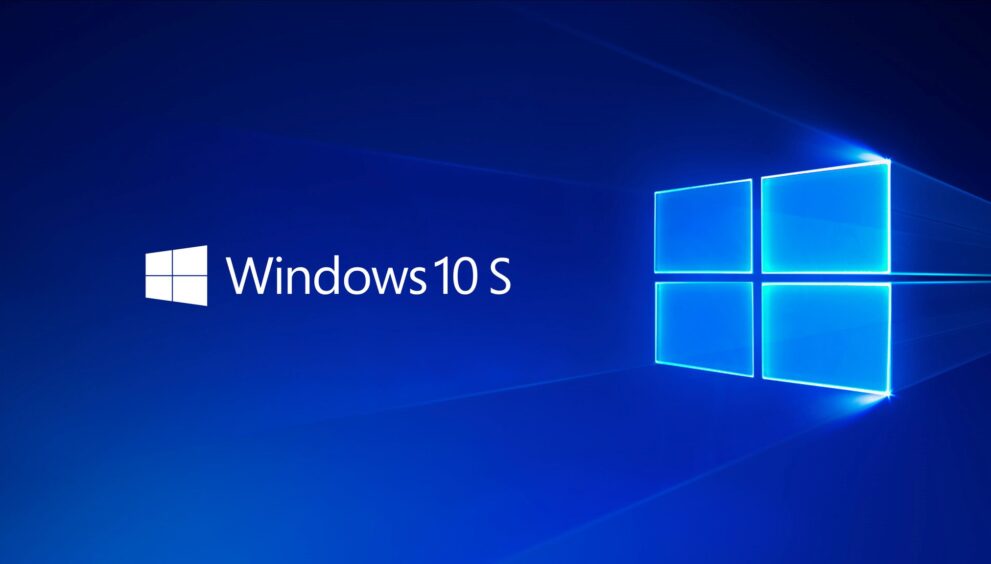Exploring the World of Windows Operating System

Introduction to Windows Operating System
https://lizenzpunkt.de/ Since its inception, the Windows
Operating System has been a cornerstone of personal computing, offering users a versatile platform for various tasks. From its humble beginnings to its current status as a ubiquitous operating system, Windows has evolved significantly, shaping the way we interact with technology on a daily basis.
Key Features of Windows
One of the primary reasons behind Windows’ enduring popularity is its user-friendly interface. With intuitive navigation and familiar features, users of all skill levels can navigate the system with ease. Additionally, Windows boasts excellent compatibility with a wide range of hardware and software, ensuring that users can access the tools they need without compatibility issues. Furthermore, robust security features such as Windows Defender provide users with peace of mind against potential threats.
Evolution of Windows Versions
The journey of Windows spans over several decades, with each version introducing new features and advancements. From the groundbreaking Windows 1.0 to the latest iteration, Windows 10, Microsoft has continuously refined and improved its flagship operating system. Major updates such as Windows 95, XP, and Windows 7 have left a significant mark on the computing landscape, with each iteration pushing the boundaries of innovation.
Popular Applications and Software for Wind
ows
Windows is not just an operating system; it’s a platform that supports a vast ecosystem of applications and software. From productivity tools like Microsoft Office Suite to creative suites like Adobe Creative Cloud, Windows users have access to a diverse array of software to meet their needs. Additionally, antivirus programs such as Norton and McAfee ensure that users can browse the web safely and securely.
Windows in Business Environments
In the corporate world, Windows plays a vital role in facilitating productivity and collaboration. Its seamless integration with business software such as Microsoft Office and SharePoint enables organizations to streamline their operations and enhance efficiency. Moreover, enterprise-level security features such as BitLocker encryption and Windows Defender ATP provide robust protection against cyber threats, safeguarding sensitive data and intellectual property.
Windows vs. Other Operating Systems
While Windows enjoys widespread popularity, it’s essential t
o compare it with other operating systems like macOS and Linux. Each platform has its strengths and weaknesses, catering to different user preferences and requirements. Windows dominates the market share in the PC segment, thanks to its user-friendly interface and extensive software compatibility.
Customization Options in Windows
One of the standout features of Windows is its flexibility and customization options. Users can personalize their desktops with custom themes, wallpapers, and color schemes, reflecting their unique preferences and tastes. Furthermore, third-party tools and utilities allow users to tweak various aspects of the operating system, enhancing productivity and workflow efficiency.
Tips and Tricks for Windows Users
https://lizenzpunkt.de/product/windows-10-education-kaufen/ For both novice and experienced users, mastering Windows involves learning handy tips and tricks to streamline everyday tasks. Keyboard shortcuts can significantly improve productivity, allowing users to navigate the system more efficiently. Additionally, mastering task management techniques and troubleshooting common issues can help users overcome challenges and make the most out of their Windows experience.
Future Trends in Windows Development
Looking ahead, the future of Windows is ripe with possibilities. As technology continues to evolve, we can expect Windows to embrace emerging trends such as cloud integration, artificial intelligence, and enhanced virtualization capabilities. These advancements will further enhance the user experience, making Windows an indispensable tool in the digital age.
Conclusion
In conclusion, Windows Operating System remains a cornerstone of modern computing, offering users a versatile platform for productivity, creativity, and collaboration. With its user-friendly interface, robust security features, and extensive software ecosystem, Windows continues to empower users worldwide, shaping the way we work, play, and connect in the digital era.


 English
English 


